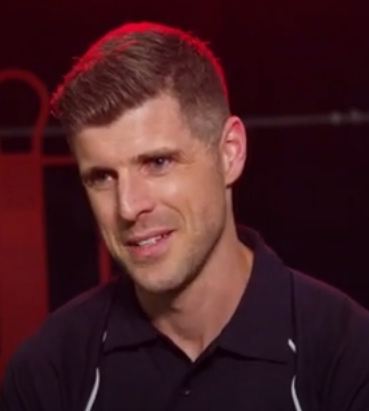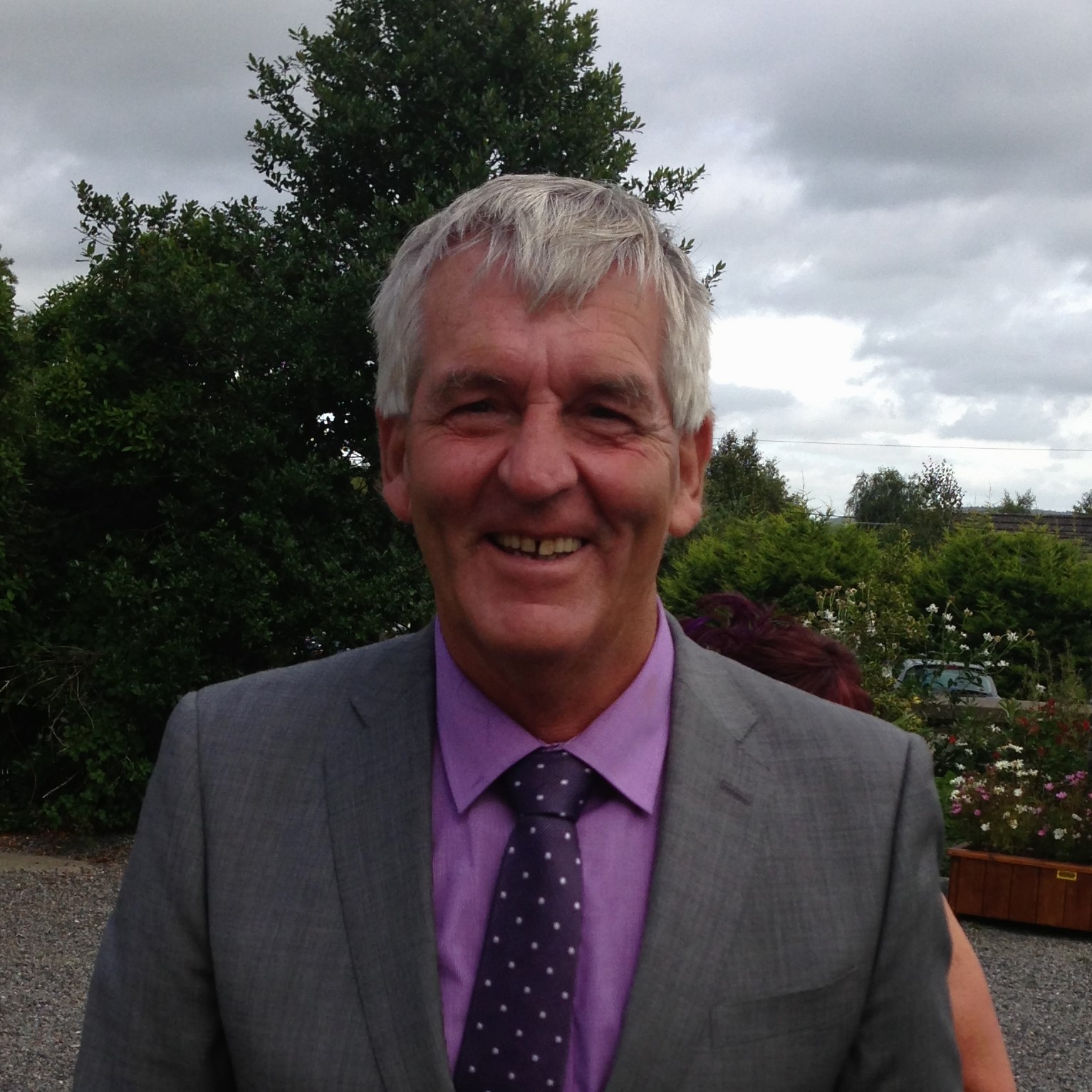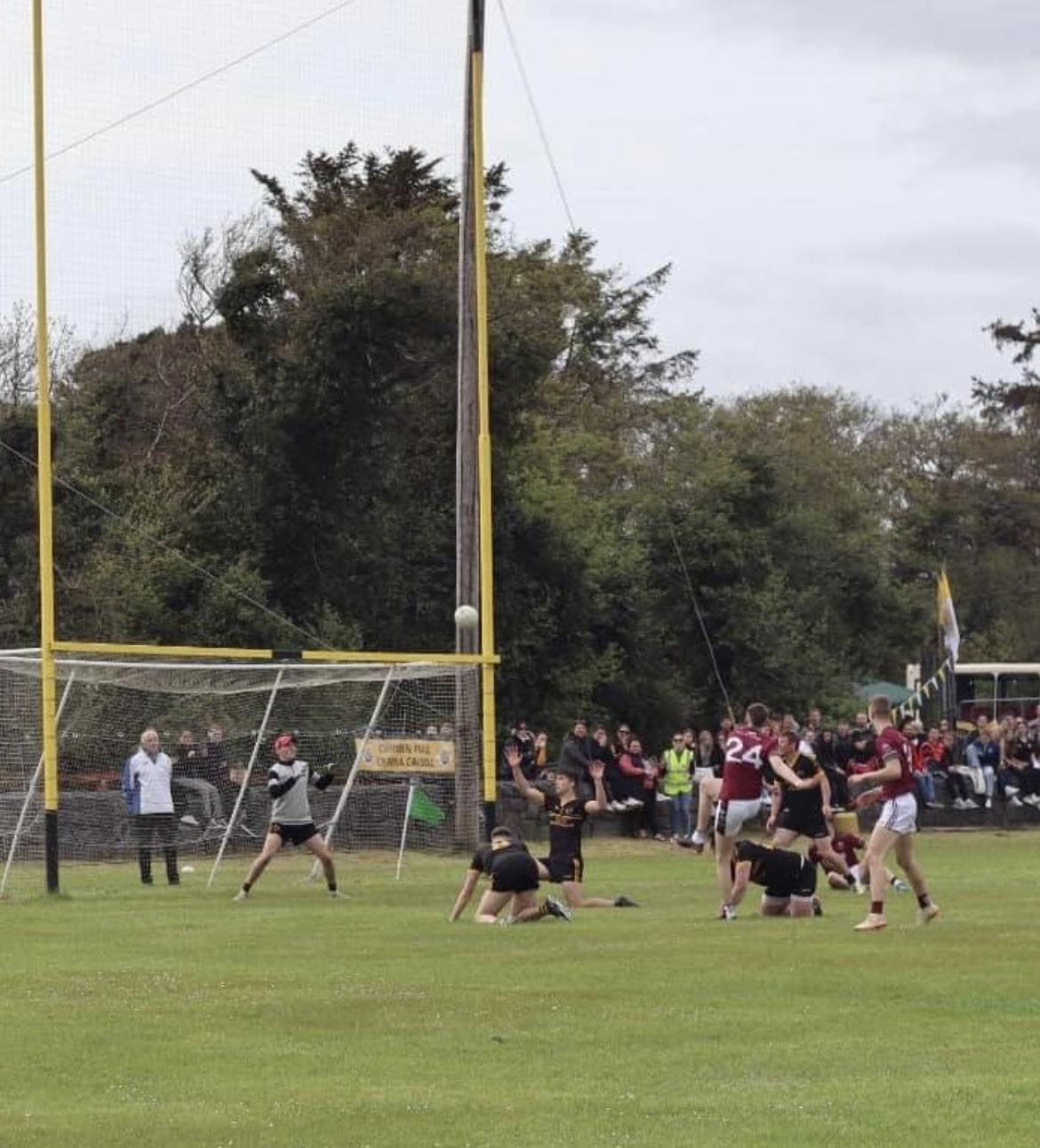Watch this video of Colin Griffin, Lower-limb Rehabilitation Specialist at UPMC Sports Surgery Clinic’s Sports Medicine Department, discussing injury prevention in Runners.
Colin is a strength and conditioning coach at the UPMC Sports Surgery Clinic with a role that includes the rehabilitation of lower-limb injuries and the delivery running performance services.
He completed a degree in Strength and Conditioning with Setanta College in 2015 and completed Masters Degree in Coaching and Exercise Science in University College Dublin in 2016. He is an IAAF Level 4 certified endurance coach, coach education tutor with Athletics Ireland and an accredited professional member of the Sport Ireland Institute in High Performance Sport Strength and Conditioning.
He has over 15 years experience in high performance sport having represented Ireland at the 2008 and 2012 Olympic Games in the 50km walk as well as a number of top 12 performances at world and European level. He has also coached other Irish athletes to Olympic level.
At UPMC Sports Surgery Clinic I work as a rehabilitation specialist, I have a particular interest in calf and Achilles tendon injuries, Foot and Ankle injuries, and general lower limb running injuries. I’ve had the opportunity to do a PhD in Achilles tendon injury rehab and lower limb biomechanics which I completed last year.
My background was a Race Walker, I competed over 20 kilometres and 50 kilometres and competed at the Beijing Olympic Games in 2008 and the London Olympic Games in 2012 and that led me down the road of biomechanics working on and developing any weaknesses or deficits in strength or athletic qualities. My career in Olympic sports gave me that inspiration to pursue that side of things further once I retired from elite sport. I understand what it’s like being an athlete so I can understand the stresses involved, I can understand what it’s like to be injured and you know, so I feel I can use my own experiences to connect with the athlete better and hopefully find the right solution for them.
Everybody’s treated the same regardless of their physical activity background and age profile, no two athletes are the same no two injuries, are the same. So, we would do a good thorough assessment, asses their muscle strength, their power and plyometric ability. Look at the running mechanics and what quality they’re lacking that might be relevant to either how they might have developed the injury or how they may be struggling to progress back to full training and try to individualize their plan based on their individual needs, what the gym access is like, what equipment they have and what time they can dedicate to their rehabilitation or strength program.
Taking into account their individual circumstances, their work demands, family demands and social demands and not trying to squeeze too much in. There’s going to be extra stress around exam time and that might heighten the risk of injury and getting the basics right getting 7 to 8 hours of sleep a night and good quality sleep, having a good diet and making sure they’re meeting their nutritional needs and stress management. We do try to make it fit to the person rather than trying to have a one size fits all model.
It’s hard to prevent every injury but we can certainly manage the risk of developing an injury or a repeat injury, so particularly during marathon season we see a lot of running injuries, that present in the last say two or three months before the marathon and depends on the injury but we try to get the athlete to the start line as best we can.
I’m really fortunate to work alongside a wide and multidisciplinary team of physiotherapists, fellow strength conditioning coaches, biomechanics, staff research assistants and our Sports Medicine consultants and then within the wider hospital you know radiology staff and consultant and orthopaedic surgeons. It really broadened my horizons allows me to see the bigger picture when someone has an injury and if there’s a problem to be solved be able to look far and wide to try and find that solution. We have regular in-service workshops and you know we learn from each other.
What gives me the most satisfaction?
Yeah, getting patient better, whatever that takes and even if I can’t do it all myself, sometimes it might be involving one of our Sports Medicine Consultants or maybe a colleague, particularly on some of those difficult, complex cases and doing whatever it takes to find the right solution for them and when they get to a point where they’re back doing the things they want to be able to do and have overcome their injuries. That gives me a lot of satisfaction, whether that’s an elite athlete, or whether that’s someone who just wants to be go back playing golf or walk their dog for half an hour every day, the principles are still the same and yes seeing someone achieve a satisfactory outcome gives me a lot of satisfaction in my job.
|










